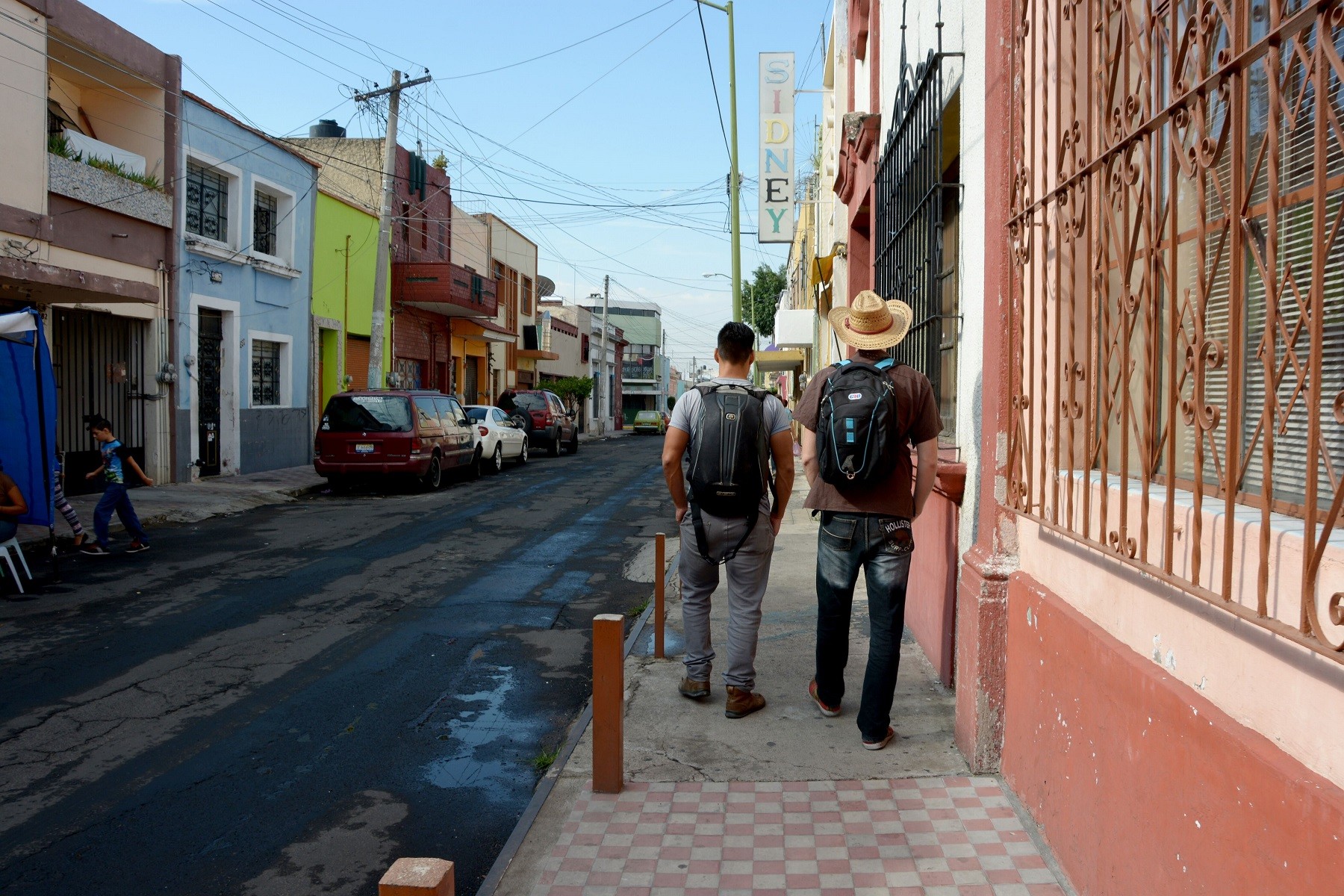The Story: It takes more than a couple of trends to see past tomorrow
If you’ve never attempted to predict the future, and someone comes to you with a graph showing a clear trend, you might be tempted into thinking that that person knows what’s going to happen. The numbers don’t lie, and all we have to do is see where they go, to know what’s going to happen. Right? Wrong.
If you have tried to look into the future, and spent more than a few hours pondering about what the world will look like in five or ten years, you will know that it takes more than one graph or one trend line. Futurism requires looking at many trends, projecting how they might continue, and then imagining how they might interact – how one trend will accelerate another, and cause others to reverse.
Intelligent people, even be experts in their field, may recognise current trends, but that doesn’t mean that they have the skills to see where things will go in coming years. The problem is compounded when experts don’t recognise that futurism is actually outside their area of expertise.
In 1894, horse manure was such a problem in large cities that the New York Times predicted that in 50 years, the city would be covered by 9 feet of horse manure. It made perfect sense – that’s where the trend line lead. Likewise, people might tell you today that less and less jobs are being created, and when the new wave of automation arrives, young people will be permanently unemployed. Or they will tell you that the high birth rates of middle eastern countries compared to western countries mean that western culture will simply be bred out of existence.
What are the other factors at play? How can these simplified assessments be used to manipulate us, when they come from someone with an agenda? Find out in this trend-defying episode of … The Paradise Paradox!
The Eps:
Future-proofing your career – Episode 151
The Links:
Lauren Southern – Why we’ll forget about London
In A Nutshell – Why automation is different this time
Steven Pinker – The surprising decline in violence
The Cash:
If you enjoy our posts, please become a patron on Patreon, or have a look at The Paradise Paradox’s page on Steemit where you can join, earn money, and upvote our posts to help support the show! You can also find a lot of additional content which is not posted on this site, with Kurt’s posts on Steemit and Aaron’s posts on Steemit.
We really appreciate all of your contributions! Every cent and satoshi we receive lets us know that we’re doing something worthwhile, that you are entertained by our program, and that you’re starting to question what you know more and more. Please be generous. Donate to The Paradise Paradox. Or buy some stuff on Amazon using this link. Or buy some of our great T-shirts here.
The Episode:
To download the audio, right click and press “save as”.
Remember to subscribe on iTunes or subscribe on Pocket Casts.
If you enjoyed the episode, don’t keep it a secret! Feel free to share it on Twitter, Tumblr, Facebook, Reddit, or your office bathroom wall.
